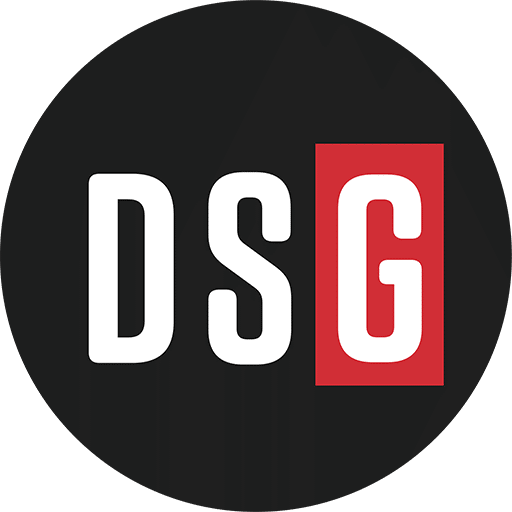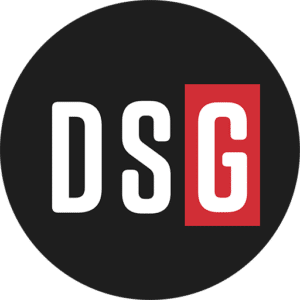U.S. industrial distributors are grappling with a surge in tariffs not seen since the Great Depression. Average U.S. tariff rates hit 18.6% in Q2 2025 after the administration’s sweeping “Liberation Day” trade measures, with steel, aluminum, and fasteners taking the brunt. Companies including Fastenal, Grainger, MSC Industrial Supply, and Global Industrial have scrambled to adjust pricing, sourcing, and supply chains.
Here’s a recap on how the biggest public distributors of industrial supplies and maintenance, repair and operations (MRO) products are dealing with the ever-changing conditions of industry tariffs.
Fastenal Leverages Supply Chain Agility
Fastenal surpassed $2 billion in Q2 sales, up 8.6% year-over-year. President and chief sales officer Jeff Watts stressed the company’s focus on supply chain management over price hikes.
“Our goal isn’t to be the best organization at adjusting pricing,” Watts said on a recent earnings call. “Our goal is to be the best organization at managing supply chains for our customers and being agile to benefit them and their ultimate customers downstream.”
Fastenal is rerouting shipments through Canada and Mexico to avoid steep tariffs. CEO Dan Florness added, “We’re providing clarity so our customers can pivot their own supply chains, whether it’s using duty drawback options or alternative ports.” Three pricing actions in Q2 contributed 140–170 basis points to gross margin, while digital sales now account for 61% of total revenue.
Grainger Relies on Supplier Diversification
Grainger posted $4.6 billion in Q2 sales, up 5.6% from last year. CEO DG Macpherson acknowledged tariffs complicated sourcing and pricing but emphasized technology and analytics.
“Tariffs have certainly added complexity to our sourcing and pricing decisions,” he told analysts on the company’s second quarter earnings call. “We’re diversifying suppliers and using technology to stay ahead of cost changes while continuing to meet our customers’ needs.”
He noted that LIFO accounting pressures affected margins, but initiative-taking communication and data-driven forecasting help the company maintain service levels. LIFO stands for Last-In, First-Out, an inventory costing method where the most recently acquired or produced inventory items are assumed to be sold first.
MSC Industrial Focuses on Customer Engagement
MSC Industrial’s Q2 sales fell 4.7% to $891.7 million. CEO Erik Gershwind said early-quarter customer hesitation reflected uncertainty over tariffs.
“We saw some hesitancy early in the quarter as buyers absorbed potential tariff impacts. Once clarity emerged and we communicated pricing adjustments, demand picked up,” Eric Gershwind said on a recent earnings call.
The distributor used inventory optimization and supplier diversification to offset import duties, while emphasizing disciplined pricing and initiative-taking customer communication.
Global Industrial Drives Operational Efficiency
Global Industrial reported $358.9 million in Q2 revenue, up 3.2%, with a record gross margin of 37.1%, a 190-basis-point increase. Chief financial officer Tex Clark said tariffs forced the company to rethink logistics and inventory management.
“The tariff environment remains highly fluid, and the cumulative impact of incremental tariffs remain significant–we continue to actively monitor the situation and are focused on supplier diversification, price management and strategic cost negotiations,” he said on a recent earnings call. “We concluded the second quarter with a healthy inventory position and continue to prioritize availability for our customers. We anticipate implanting additional pricing actions as inventory affected by tariffs moves through our cost of sales.”
Tariffs as Strategic Pressure
The trade landscape remains volatile. Tariffs on steel and aluminum doubled to 50% in June 2025, with some exemptions under the U.S.-U.K. Economic Prosperity Deal. The U.S.-China tariff truce continues through November 10, but duties on Chinese goods average 55%. Section 301 tariffs on semiconductors, EVs, and steel remain in place, and legal challenges to IEEPA tariffs add uncertainty. The International Emergency Economic Powers Act (IEEPA) is a U.S. law that gives the president broad authority to regulate international commerce during a declared national emergency.
Executives say tariffs are shaping strategy, not just costs. Fastenal leans on contract growth and digital expansion; Grainger on supplier diversification and analytics; MSC and Global Industrial on pricing discipline, inventory, and technology.
Don’t miss any content from Distribution Strategy Group. Join our list.



